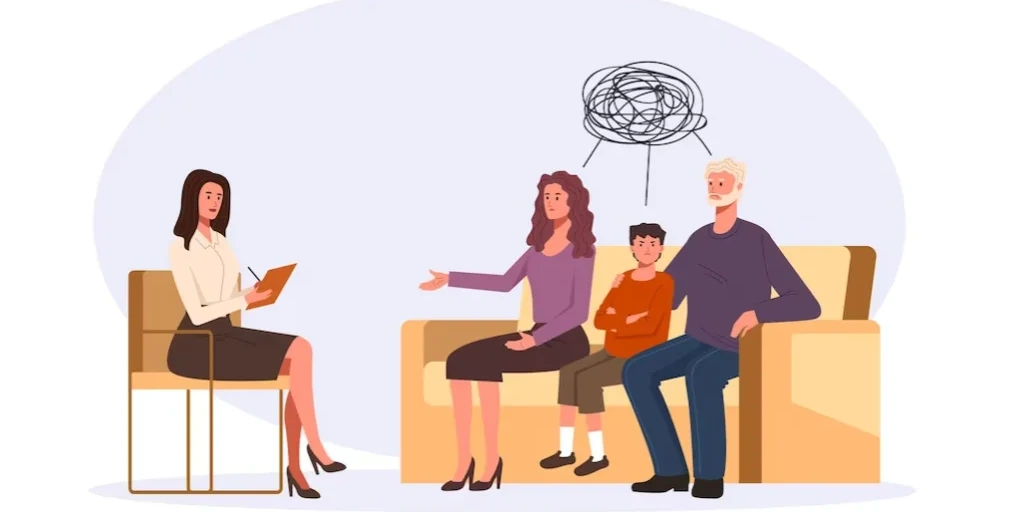24/7 Helpline:
(866) 899-221924/7 Helpline:
(866) 899-2219
Learn more about Depression Treatment centers in Apopka
Depression Treatment in Other Cities

Other Insurance Options

Optum

Optima

Multiplan

MHNNet Behavioral Health

Premera

Health Choice

Health Net

Humana

Amerigroup

Cigna

Kaiser Permanente

WellCare Health Plans

Coventry Health Care

Medical Mutual of Ohio

Sutter

Private insurance

BlueShield

BHS | Behavioral Health Systems

Self-pay options

CareSource





ACT Center
ACT Center provides an outpatient substance abuse evaluation and treatment. ACT Center utilizes a ba...

STEPS
STEPS is a private nonprofit, community based organization that offers comprehensive substance use t...


Total Freedom Program
Total Freedom Program is a private rehab located in Ocoee, Florida. Total Freedom Program specialize...

La Amistad Youth Behavioral Health Services
La Amistad Youth Behavioral Health Services is a private rehab located in Maitland, Florida. La Amis...

LA Amistad Behavioral Health Services
LA Amistad Behavioral Health, located in Maitland, Florida, provides alcohol and drug rehab services...

LifeStream Behavioral Center – Anthony House
LifeStream Behavioral Center - Anthony House is a residential facility serving intact families, sing...

Next Step Village – Orlando
Next Step Village - Orlando is located in Maitland, Florida. Next Step Village - Orlando is a center...

Discovery Mood & Anxiety Program – Maitland
Discovery Mood & Anxiety Program – Maitland is a private rehab located in Maitland, Florida. Discove...

Center for Discovery Maitland
Center for Discovery Maitland is a private rehab located in Maitland, Florida. Center for Discovery ...


































































Next Step Village – Maitland
Next Step Village is a private organization located at Maitland, Florida. Next Step Village provides...

ADAPT Behavioral Services
ADAPT Behavioral Services is a private rehab located in Maitland, Florida. ADAPT Behavioral Services...

Orlando Behavioral Health
Orlando Behavioral Health is a private rehab located in Maitland, Florida. Orlando Behavioral Health...

WhiteSands Treatment – Winter Garden
WhiteSands Treatment – Winter Garden is a private rehab located in Winter Garden, Florida. WhiteSand...




















































































































































